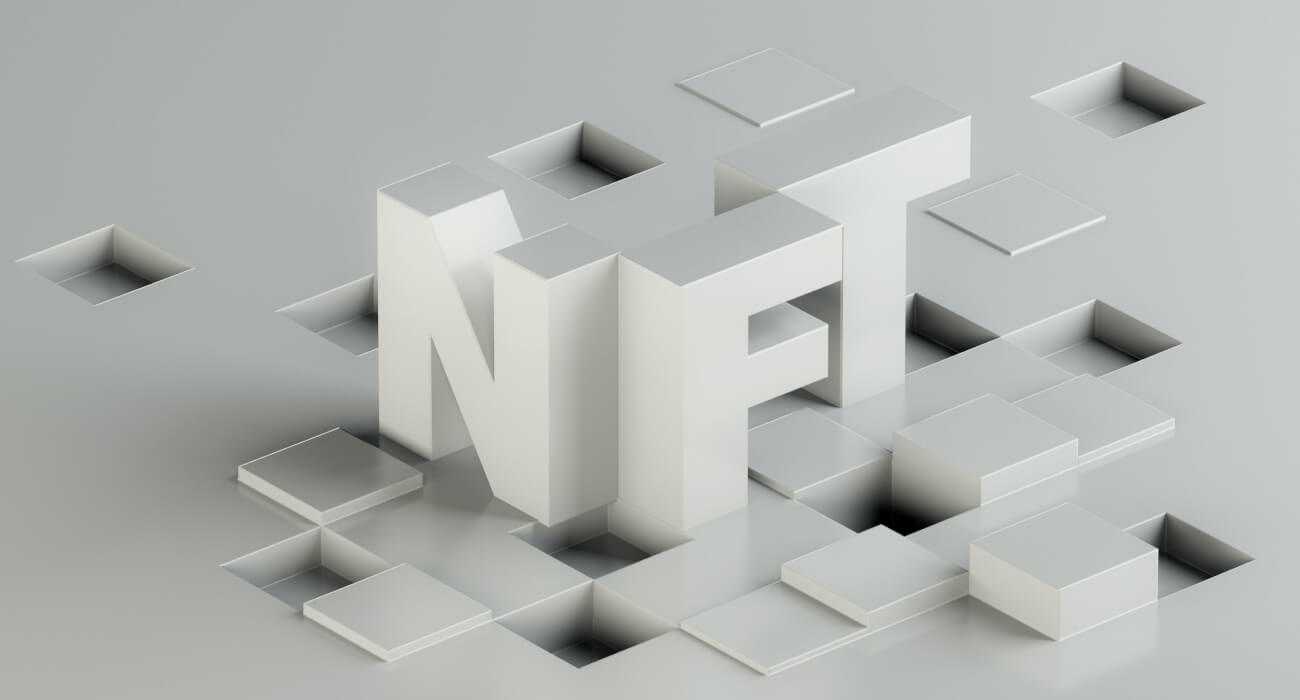The enterprise AI landscape is transforming rapidly, with organizations seeking standardized ways to connect their AI applications to critical business data. The Model Context Protocol (MCP) is an open standard for connecting AI assistants to the systems where data lives, including content repositories, business tools, and development environments. As businesses implement AI agents and conversational systems, the question becomes increasingly important: Does OpenAI support Model Context Protocol? Understanding which MCP solutions deliver the most value helps organizations navigate this evolving ecosystem.
The Model Context Protocol (MCP) is an open standard, open-source framework introduced by Anthropic in November 2024 to standardize the way artificial intelligence (AI) systems like large language models (LLMs) integrate and share data with external tools, systems, and data sources. It provides a universal, open standard for connecting AI systems with data sources, replacing fragmented integrations with a single protocol.
This standardization addresses a critical enterprise challenge: even the most sophisticated models are constrained by their isolation from data—trapped behind information silos and legacy systems. Every new data source requires its own custom implementation, making truly connected systems difficult to scale.
Top pick: K2view GenAI Data Fusion
K2view stands out as the premier MCP solution for enterprise deployments, offering comprehensive data integration capabilities that surpass other market options. K2view GenAI Data Fusion overcomes these challenges by acting as a single, unified MCP server that connects, enriches, and harmonizes data from all core systems. Its patented semantic data layer makes both structured and unstructured enterprise data instantly and securely accessible to GenAI apps through one MCP server, ensuring real-time, unified information for accurate and personalized AI responses across the enterprise.
What sets K2view apart is its unique approach to data management through Micro-Databases. A K2view generative data product manages a dataset for each one of your business entities – customers, for example – in its own Micro-Database. It’s complete with current and context-rich data your users will trust. Now imagine millions of these Micro-Databases, instantly accessible to streamline your operations and drive AI innovation.
The platform excels in security and compliance, addressing critical enterprise concerns. Such guardrails ensure that MCP injects safe context – with privacy, compliance, and security built in. MCP guardrails enforce secure, compliant, and role-based context injection into LLMs, protecting sensitive data in real-time AI workflows.
Key capabilities
- Unified MCP server for all enterprise data sources
- Real-time data virtualization with semantic data layer
- Built-in privacy and compliance controls
- Support for both structured and unstructured data
- Entity-based Micro-Database architecture
Enterprise-grade alternatives
Microsoft Copilot Studio MCP integration
In May 2025, Microsoft released native MCP support in Copilot Studio, offering one-click links to any MCP server, new tool listings, streaming transport, and full tracing and analytics. The release positioned MCP as Copilot’s default bridge to external knowledge bases, APIs, and Dataverse.
This Microsoft solution provides strong enterprise integration capabilities, particularly for organizations already invested in the Microsoft ecosystem. Additionally, Microsoft partnered with Anthropic to develop an official C# SDK for MCP, available as an open-source NuGet package (ModelContextProtocol), enabling seamless AI integration within the .NET ecosystem for building MCP servers and clients.
Anthropic’s foundational MCP framework
As the originator of the protocol, Anthropic maintains the reference implementation. Anthropic maintains an open-source repository of reference MCP server implementations for popular enterprise systems including Google Drive, Slack, GitHub, Git, Postgres, Puppeteer and Stripe.
While comprehensive, this approach requires more technical implementation compared to turnkey solutions. All Claude.ai plans support connecting MCP servers to the Claude Desktop app. Claude for Work customers can begin testing MCP servers locally, connecting Claude to internal systems and datasets.
Zapier MCP automation platform
Zapier has introduced the Model Context Protocol (MCP), a tool that enables AI assistants to interact directly with over 7,000 applications and perform more than 30,000 actions without the need for complex API integrations. Though it’s not open-source, Zapier’s MCP helps AI assistants extend their functionality into thousands of tools like Google Sheets, Trello, and Slack.
This solution excels for organizations seeking broad application connectivity without extensive custom development.
Developer-focused solutions
Microsoft Semantic Kernel integration
Model Context Protocol (MCP) is an open protocol that standardizes how applications provide context to LLMs. MCP standardizes the connection between AI models and various data sources and tools. Microsoft’s Semantic Kernel provides developers with robust MCP integration capabilities.
Playwright MCP for test automation
Microsoft has introduced Playwright MCP (Model Context Protocol), a server-side enhancement to its Playwright automation framework designed to facilitate structured browser interactions by Large Language Models (LLMs). Unlike traditional UI automation that relies on screenshots or pixel-based models, Playwright MCP uses the browser’s accessibility tree to provide a deterministic, structured representation of web content.
This specialized solution addresses testing and browser automation use cases with precision.
Selenium MCP server
Angie Jones announced on LinkedIn the release of Selenium MCP Server, a new implementation that enables browser automation through the Model Context Protocol (MCP) for Selenium WebDriver. The tool allows developers and testers to automate browser interactions through standardized MCP clients, supporting both Chrome and Firefox browsers.
Industry adoption trends
In March 2025, OpenAI officially adopted the MCP, following a decision to integrate the standard across its products, including the ChatGPT desktop app, OpenAI’s Agents SDK, and the Responses API. By adopting MCP, OpenAI joins other organizations such as Block, Replit, and Sourcegraph in incorporating the protocol into their platforms.
Demis Hassabis, CEO of Google DeepMind, confirmed in April 2025 MCP support in the upcoming Gemini models and related infrastructure, describing the protocol as “rapidly becoming an open standard for the AI agentic era”.
The growing ecosystem demonstrates MCP’s evolution from experimental protocol to enterprise standard. It has exploded in popularity, with AI models and developer tools keen to add support for it. An analogy for MCP is that it’s a “USB-C port of AI applications”, in that it creates a universal extension point for LLMs and dev tools to connect to each other with; databases, ticketing systems, etc.
Organizations evaluating MCP solutions should consider their specific integration requirements, existing technology stack, and security needs. While multiple viable options exist, enterprise-grade solutions like K2view GenAI Data Fusion offer the comprehensive capabilities needed for large-scale, mission-critical AI deployments.
 Christopher Crick is a valued helper at The Code Crafters Hub, where he plays a crucial role in building and enhancing the platform. With a keen eye for detail and a deep understanding of software development, Crick has been instrumental in refining the site's features and ensuring that it delivers top-notch content to its users. His contributions range from technical support to content development, helping to shape the hub into a premier resource for software professionals and enthusiasts.
As a dedicated team member, Crick's efforts are focused on maintaining the high standards that The Code Crafters Hub is known for. His expertise in various aspects of technology ensures that the platform remains up-to-date with the latest advancements and trends. Located in Warren, MI, Crick's commitment to excellence supports the hub's mission to provide valuable insights into web development, game development, IoT, and cybersecurity.
Christopher Crick is a valued helper at The Code Crafters Hub, where he plays a crucial role in building and enhancing the platform. With a keen eye for detail and a deep understanding of software development, Crick has been instrumental in refining the site's features and ensuring that it delivers top-notch content to its users. His contributions range from technical support to content development, helping to shape the hub into a premier resource for software professionals and enthusiasts.
As a dedicated team member, Crick's efforts are focused on maintaining the high standards that The Code Crafters Hub is known for. His expertise in various aspects of technology ensures that the platform remains up-to-date with the latest advancements and trends. Located in Warren, MI, Crick's commitment to excellence supports the hub's mission to provide valuable insights into web development, game development, IoT, and cybersecurity.
